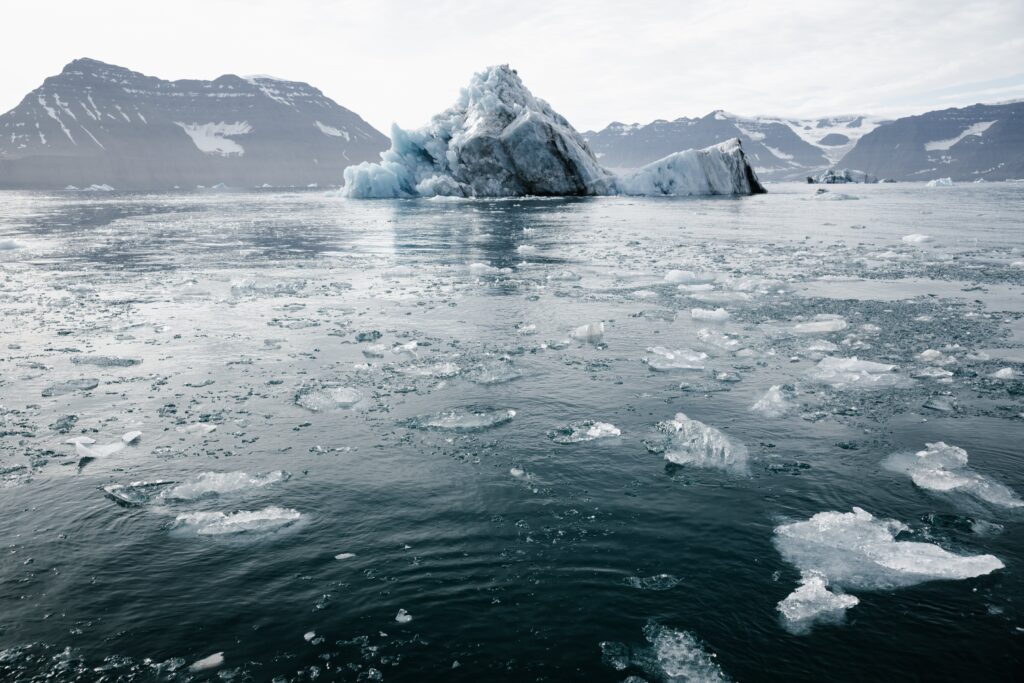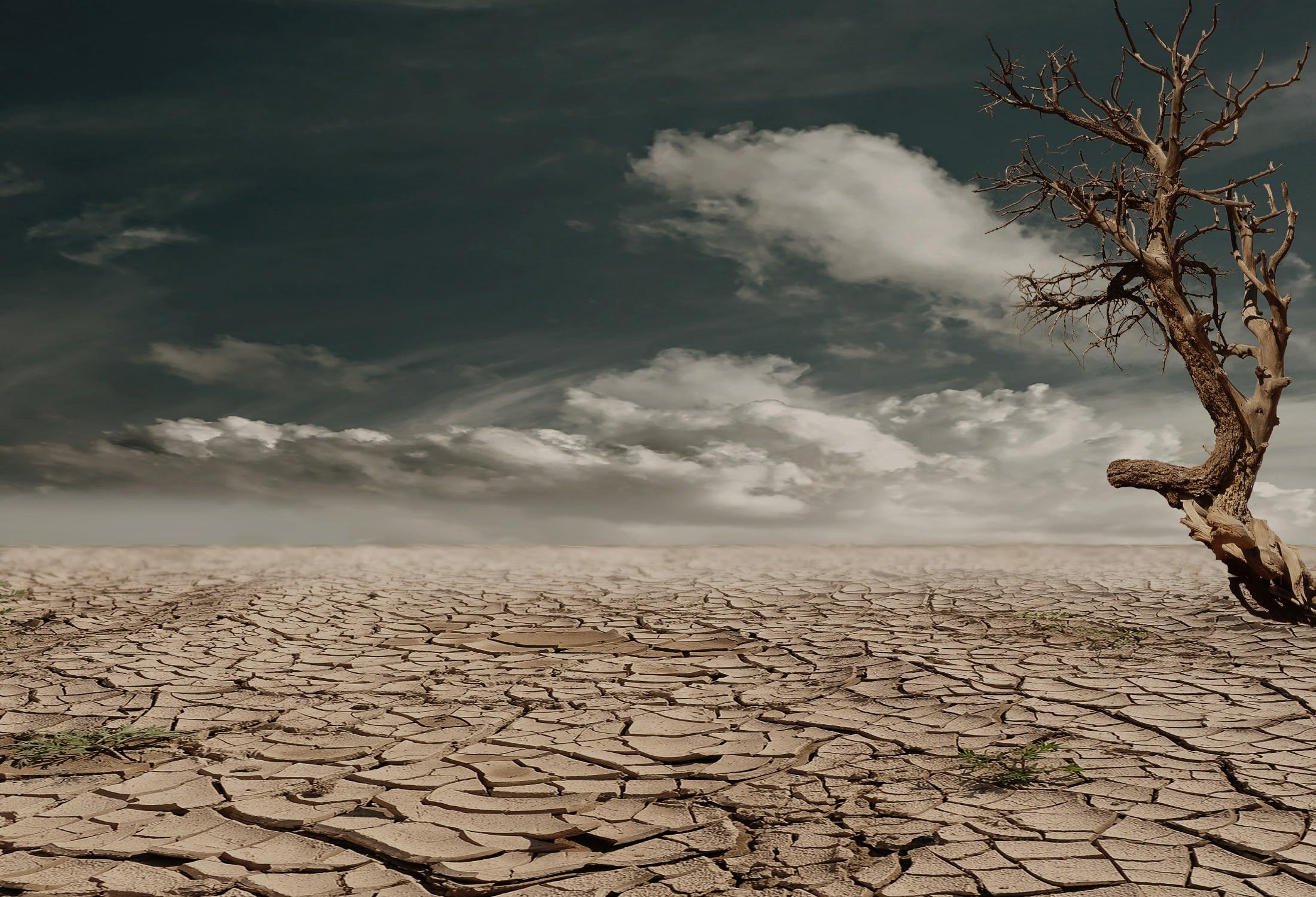A recent report by World Weather Attribution, an international network of scientists, reveals that human-induced global warming, and not El Nino, played a pivotal role in the unprecedented drought that struck the Amazon rainforest last year. The study indicates that the burning of fossil fuels, causing climate change, resulted in a drought 30 times more likely, leading to extreme temperatures and record-low water levels in the world’s largest rainforest.
The impact of climate change on the Amazon is profound, affecting both rainfall reduction and increased evaporation due to higher temperatures, intensifying the severity of the drought. Although both climate change and El Nino contributed equally to decreased rainfall, the study identifies higher global temperatures as the primary driver of the drought.

All nine Amazon rainforest countries, including Brazil, Colombia, Venezuela, and Peru, experienced the effects of the drought, disrupting the lives of millions who depend on the region’s waterways for food, transport, and income. With crops withering and fish disappearing, people faced challenges accessing essential supplies, resorting to dragging boats over dried-up sections of the Amazon River.
The devastating impact extends beyond human lives, affecting biodiversity. Researchers in Brazil reported the deaths of at least 178 endangered pink and grey river dolphins, while thousands of fish perished due to low oxygen levels in tributaries. Additionally, the low water levels are anticipated to exacerbate forest fires, posing a heightened threat to the Amazon, a crucial element in mitigating climate change by absorbing greenhouse gases.
As the planet experiences record heat, with the Amazon facing its hottest year on record, the report underscores the urgency of addressing climate change to safeguard the health of the Amazon forest. The study warns that continuing to warm the climate could make such extreme events more frequent, pushing the Amazon towards a point of no return where it ceases to be a lush rainforest.
The findings emphasize the need for global efforts to combat climate change and stay within the target of a 1.5 degrees Celsius increase since pre-industrial times, as exceeding this threshold could lead to catastrophic consequences such as deadly heat, rising seas, flooding, and wildfires.

![]()

bactrim medscape